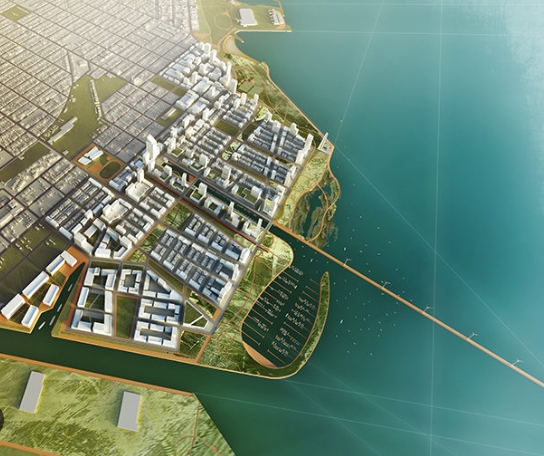Landscape architecture plays a crucial role in shaping the urban environment. As cities continue to grow and evolve, the role of landscape architects in urban development has become increasingly important.
Creating Sustainable Urban Spaces
Landscape architects are now focusing on creating sustainable urban spaces that are not only aesthetically pleasing but also environmentally friendly. They are incorporating green infrastructure, such as green roofs, rain gardens, and permeable pavements, to manage stormwater runoff and improve air quality.
Promoting Active Transportation
Incorporating walkable and bike-friendly design elements into urban landscapes is another key focus for landscape architects. By creating pedestrian-friendly streetscapes and bike lanes, they are promoting active transportation and reducing reliance on cars, leading to a healthier and more sustainable urban environment.
Enhancing Public Health and Wellbeing
Landscape architects are also paying more attention to the health and wellbeing of city dwellers. They are designing urban parks, plazas, and green spaces that provide opportunities for relaxation, physical activity, and social interaction, helping to improve overall public health and quality of life.
Revitalizing Urban Areas
In addition to creating new green spaces, landscape architects are also revitalizing underutilized urban areas. By reimagining and repurposing vacant lots, industrial sites, and brownfields, they are transforming blighted areas into vibrant and thriving urban destinations, attracting residents, businesses, and tourists alike.
Collaborating with Urban Planners and Architects
To achieve these goals, landscape architects are collaborating closely with urban planners and architects to create integrated and sustainable urban design solutions. By working together, they are able to envision and implement comprehensive plans that consider the needs and desires of the community while also addressing environmental and social concerns.
As cities continue to face challenges such as climate change, rapid urbanization, and social inequality, the role of landscape architecture in urban development will only continue to evolve and expand. By embracing innovative design strategies and working collaboratively with other disciplines, landscape architects can play a vital role in creating resilient, equitable, and vibrant urban environments for future generations to enjoy.

